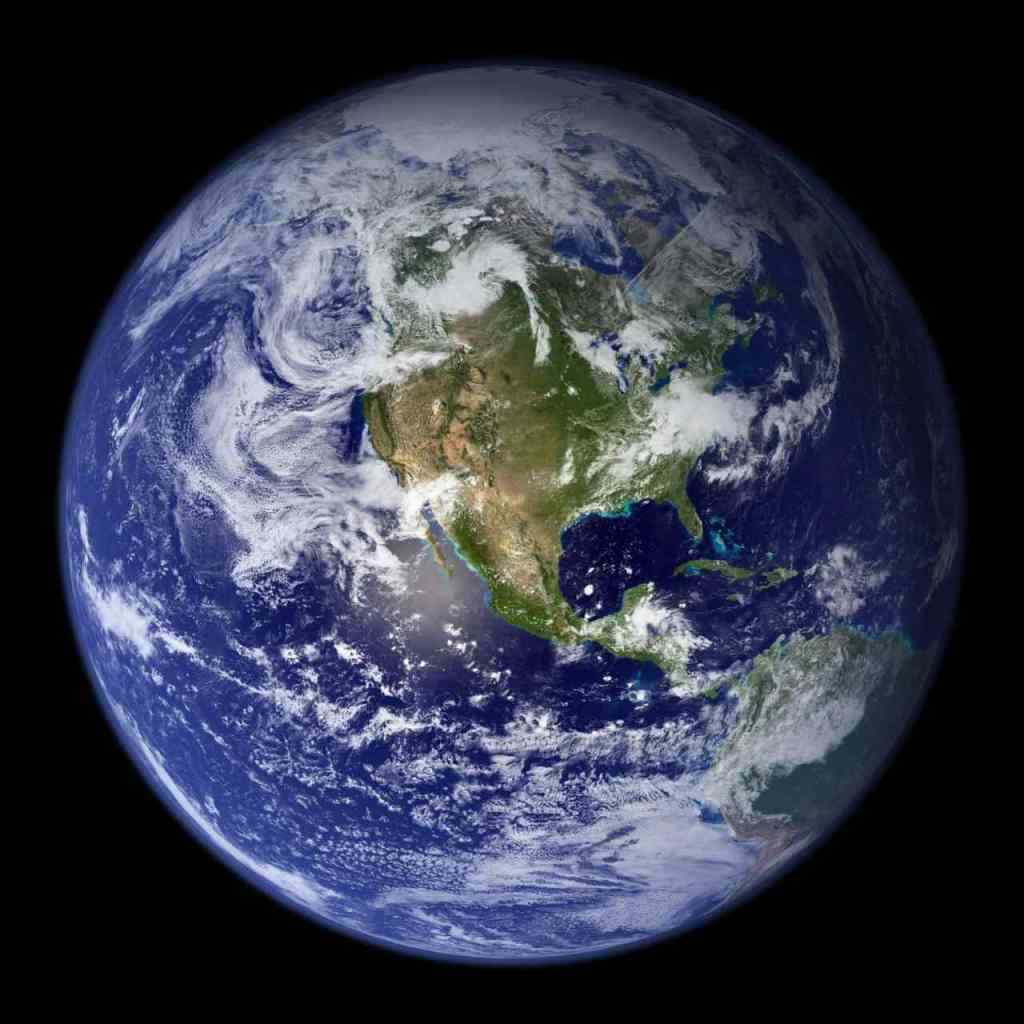The Impact of Sanctions in the Changing Global Order
Escalating Global Trade Wars
The world is witnessing an unprecedented surge in the use of sanctions, with over a quarter of the global economy now affected. As of 2024, a staggering 54 countries are subject to sanctions, triggering a domino effect of retaliatory actions and escalating into full-blown trade wars. This geopolitical chess game has fractured the global economy into competing blocs, with Western nations facing the heat from emerging powers like BRICS.
The rise of BRICS, an alliance of Brazil, Russia, India, China, and South Africa, is challenging Western economic dominance. Developing countries are flocking to BRICS, seeking alternatives to the traditional Western-led economic order. Even former adversaries, like Saudi Arabia and Iran, are finding common ground within the BRICS fold, further eroding Western influence.
The Failure of Western Sanctions Against Russia
A prime example of the shifting global order is the failure of Western sanctions against Russia. Moscow has deftly pivoted its economy eastward, forging closer ties with BRICS partners, particularly China and India. This strategic move has allowed Russia to mitigate the impact of Western sanctions and maintain economic stability.
The West’s sanctions have had the unintended consequence of fracturing the global economy into competing geopolitical blocs. The European Union and the United Kingdom, once bastions of economic prosperity, are now grappling with recession due to soaring energy costs and rising interest rates. The boomerang effect of sanctions is leaving an undeniable mark on Western economies.
Boomerang Effects of Sanctions on Western Economies
The imposition of sanctions has had far-reaching consequences beyond the targeted nations. Western economies are experiencing a resurgence of inflation, fueled by soaring food and energy prices. Central banks are forced to raise interest rates to curb inflation, triggering a correction in the bond market. The once-stable financial landscape is now facing turbulence, with investors bracing for an uncertain future.
The Impact of Sanctions in the Changing Global Order
The Rise of Sanctions as a New Normal
Sanctions have become an increasingly common tool in international relations, with far-reaching consequences. They are no longer the exception but a part of the new normal. The use of sanctions has spread beyond traditional targets to include capital and currency markets, with unintended consequences.
The boomerang effects of sanctions on Western economies have been significant, leading to inflation, recession, and a correction in the bond market. The European Union and Britain have been particularly hard hit by energy costs and interest rate hikes.
The Destruction of the Global Trading Order
Sanctions have undermined the free flow of goods, capital, and technology, encouraging economies to look inward and become more self-sufficient. Friendshoring, prioritizing supply among political allies over geopolitical rivals, has become the new norm.
The realignment of global supply chains has made them more secure but increased costs for consumers. International trade is now driven by geopolitical considerations rather than economic imperatives, fragmenting the global economy into competing blocs.
Conclusion
The impact of sanctions in the changing global order is profound. They have triggered a global trade war, challenged Western dominance, and fractured the global economy. The boomerang effects on Western economies have been severe, leading to inflation, recession, and a correction in the bond market.
Sanctions have also undermined the global trading order, encouraging economies to look inward and become more self-sufficient. Friendshoring has become the new norm, and international trade is now driven by geopolitical considerations rather than economic imperatives. The consequences of sanctions continue to unfold, and it remains to be seen how the global economy will adapt to this new reality.
